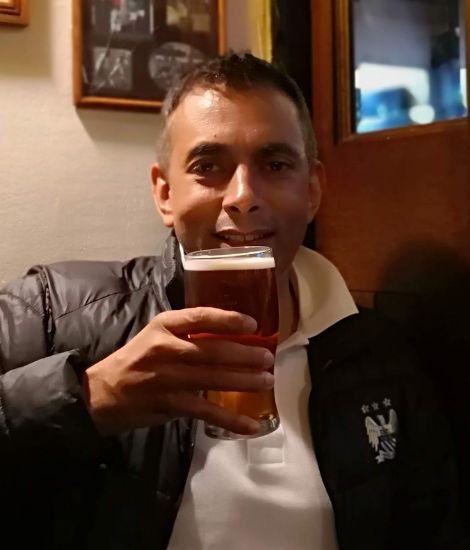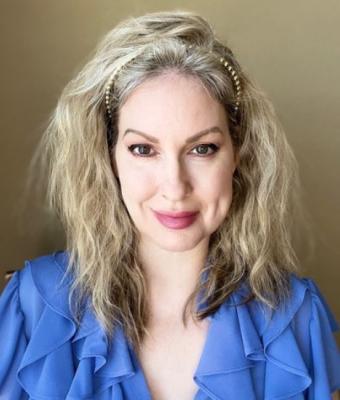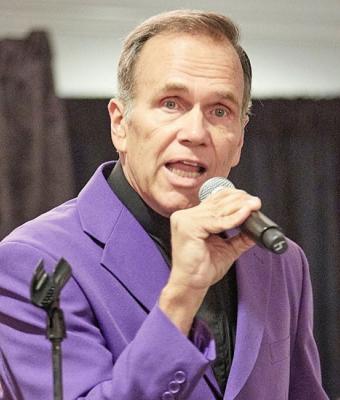My PD Story

Dr. Harinder Bains
Practising as a family physician on Australia's Gold Coast, life in my early 40s was good. I was married to a good woman, and we had 3 sons. The youngest were 5-year-old twins who themselves had flirted with their mortality after being born at a mere 25 weeks’ gestation. They have defied expectations, and both successfully commenced University recently.
While I fretted over my new diagnosis of Parkinson's disease (PD), the twins were relaxed. They knew no other dad than the one with a dodgy gait and strange speech. Granted, they liked using terms such as "Robodoc" after my deep brain stimulation (DBS) surgery.
Many people still believe that you have a certain pool of good and bad fortune which, in life, will tend to balance out. I am not sure of any scientific principles underlying this —suffice to say that my first 4 decades have been a lot smoother than the subsequent period.
I received my PD diagnosis in my early 40s, but there are cases on the Parkinson’s Foundation website of people who were diagnosed with young-onset Parkinson’s disease (YOPD) in their early 20s. My heart goes out to them.
Sharing individual stories from people living with Parkinson’s is a marvelous initiative by the Parkinson’s Foundation. It is important to be open about the diagnosis and reach out to existing support networks. Many people, including this writer and other medical professionals in general, often delay publicising news of a Parkinson’s diagnosis far too long.
Revealing your diagnosis always evokes differing responses from the people around you. In my case, responses ranged from "I thought PD was only a disease of old people" to "How many years have you got?" Organisations such as the Parkinson’s Foundation must continue to raise awareness and education for a condition that will affect many more of us in coming decades.
In the early years after my diagnosis, it was still very much a case of Levodopa being king and the "gold standard." Neuroscientific knowledge has come a long way in just a decade. We are on the cusp of numerous new treatments that will address underlying disease process rather than just attempt to replace dopamine.
This ongoing research should be a source of happiness and hope for the Parkinson’s community. I also derive hope from advances in AI which are set to revolutionize the medical world, as well as most other forms of human endeavour. If one is especially bold, you could say there has never been a better time to be diagnosed with Parkinson’s disease.
The Parkinson’s Virtual Biotech is working to deliver life-changing new treatments that people with Parkinson’s disease need today. Help us make a difference.
More Stories
from the Parkinson's community


